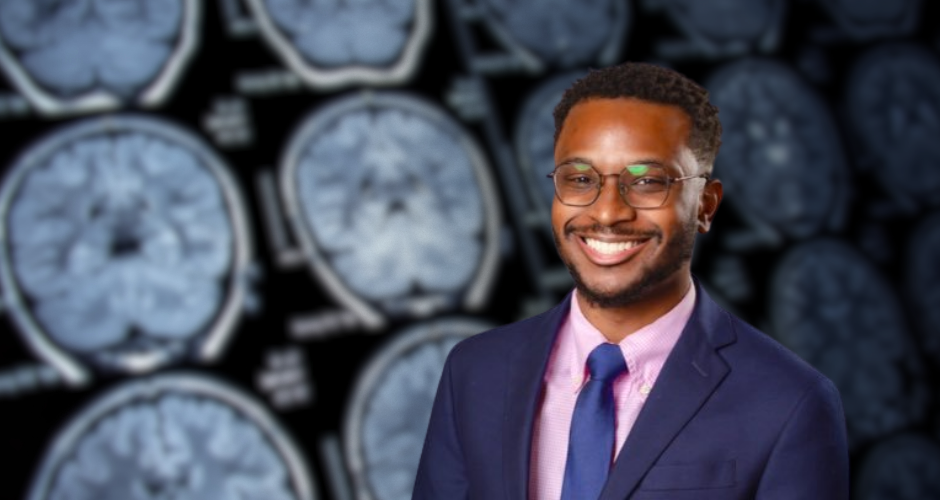UF Clinical and Translational Science Institute Earns $43 Million NIH Award To Speed Innovation (UF Health)

The University of Florida and Florida State University will receive $43 million from the National Institutes of Health to accelerate the translation of scientific discoveries into real-world health solutions that benefit individuals and communities across Florida and beyond.
Guoshuai Cai, Ph.D., Awarded $2.1 Million NIH Grant To Study Long-Term Sepsis Outcomes (UF Medicine)

UF researcher Guoshuai Cai received an NIH grant to study poor long-term sepsis outcomes, such as chronic critical illness (CCI), characterized by persistent inflammation and immune suppression.
Edward Phelps Appointed to NIH Study Section (UF BME)

UF researcher Edward Phelps, Ph.D., has been invited to serve as a member of the Biomaterials and Biointerfaces Study Section at NIH.
BME Ph.D. Candidate Awarded NIH F31 NINDS Fellowship (UF BME)

UF researcher Clinton Smith, Ph.D. candidate in the Lewis Lab, received a National Institutes of Health (NIH) National Institute of Neurological Disorders and Stroke (NINDS) F31 Individual Predoctoral Fellowship for his project.
NIH Award Supports New Extracellular Vesicle Loading Platform To Develop Gene Therapy
UF researcher Mei He, Ph.D., has received a $1.3 million award from the National Institutes of Health to support a new extracellular vesicle platform used to develop gene therapy.
Myosin Therapeutics Awarded $3 Million NIH Grant To Advance Clinical Trial for MT-110 in Methamphetamine Use Disorder
UF Startup Myosin Therapeutics, Inc., a biotechnology company developing innovative therapies for cancer and neurological disorders, announced that it has been awarded a $3 million grant from NIDA, part of NIH.
Groundbreaking AI Tool Generates 3D Map of the Brain
UF researchers have created an AI tool that can generate a high-resolution 3D map of the mouse brain, allowing users to zoom in and out and examine the complete set of molecules responsible for energy production in brain functions.
UF Researchers Demonstrate GLP-1RAs’ Potential To Treat Depression
UF researchers have found that GLP-1RAs, a class of glucose-lowering medications, may have antidepressant effects in a study funded by the NIH.
Mutations Disrupt Touch-Based Learning, Study Finds
UF researchers, supported by the National Institutes of Health, have found that the Syngap1 gene plays a crucial role in touch-based perception, while certain mutations can lead to mixed signals.
UF Team Develops AI Tool To Make Genetic Research More Comprehensive
UF researchers developed PhyloFrame, a machine-learning tool that leverages artificial intelligence to account for ancestral diversity in genetic data, addressing a critical gap in medical genetic research.
